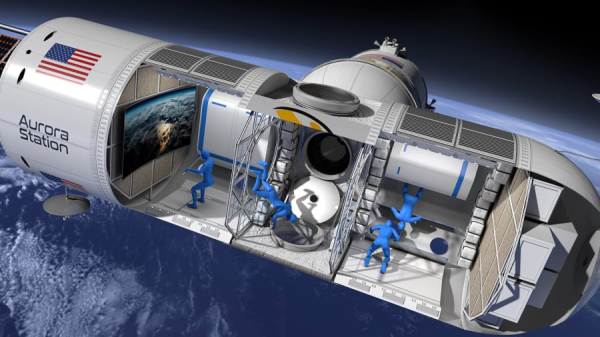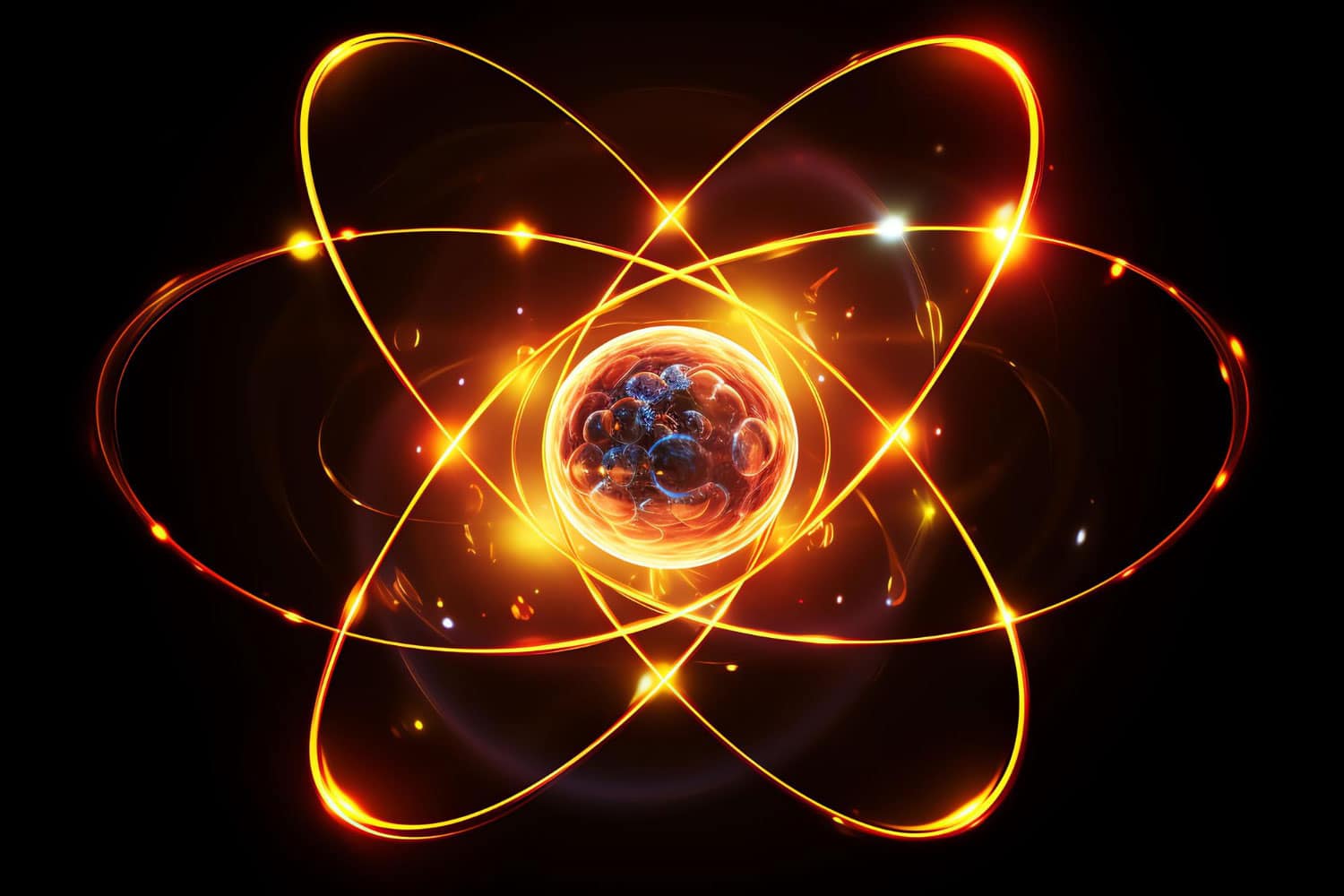Life support systems are essential components of spacecraft and space stations, providing astronauts with the necessary conditions to survive in the harsh environment of space. These systems maintain a suitable atmosphere, regulate temperature and humidity, and provide food and water.
Key Components of Life Support Systems
- Oxygen Generation: Life support systems generate oxygen for astronauts to breathe. This can be done through various methods, such as electrolysis of water or chemical reactions.
- Carbon Dioxide Removal: Carbon dioxide, a waste product of human respiration, must be removed from the atmosphere to maintain a breathable environment. This is often done using chemical filters or biological systems.
- Temperature and Humidity Control: Spacecraft must maintain a stable temperature and humidity level to ensure the comfort and health of astronauts. This is achieved through a combination of heating, cooling, and humidity control systems.
- Water Recycling: To conserve water, life support systems recycle wastewater and condensate from the spacecraft’s atmosphere.
- Waste Management: Waste products, such as human waste and food scraps, must be properly managed to prevent contamination and maintain a clean environment.
Challenges of Life Support Systems
- Microgravity: The microgravity environment of space presents unique challenges for life support systems. Fluids behave differently in microgravity, and the distribution of gases can be uneven.
- Radiation: Astronauts are exposed to harmful radiation in space, which can damage their DNA and increase the risk of health problems. Life support systems must provide adequate shielding to protect astronauts from radiation.
- Psychological Factors: Living in a confined space for extended periods can be mentally and emotionally challenging. Life support systems must be designed to provide a comfortable and psychologically supportive environment.
Future Developments
As space exploration continues to advance, there is a growing need for more efficient and reliable life support systems. Researchers are exploring new technologies, such as regenerative life support systems that can produce food and water from waste products.
Life support systems are essential for human space exploration and will play a crucial role in future missions to the Moon, Mars, and beyond.
Would you like to learn more about a specific component of life support systems or the challenges of living in space?



